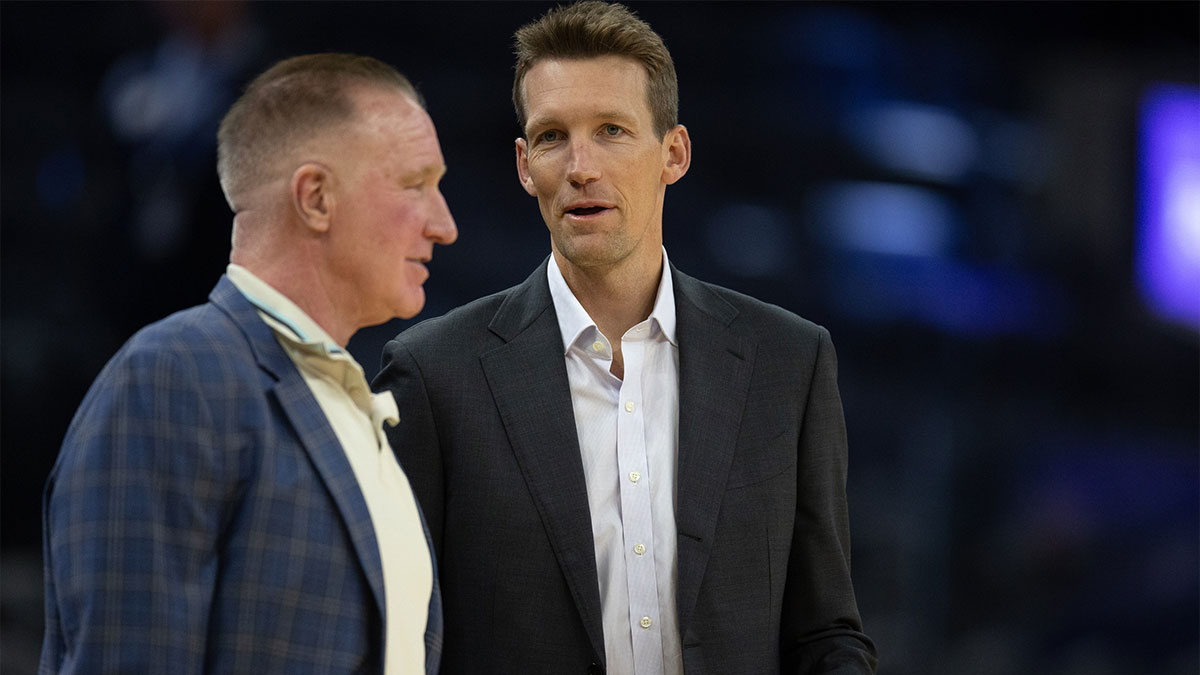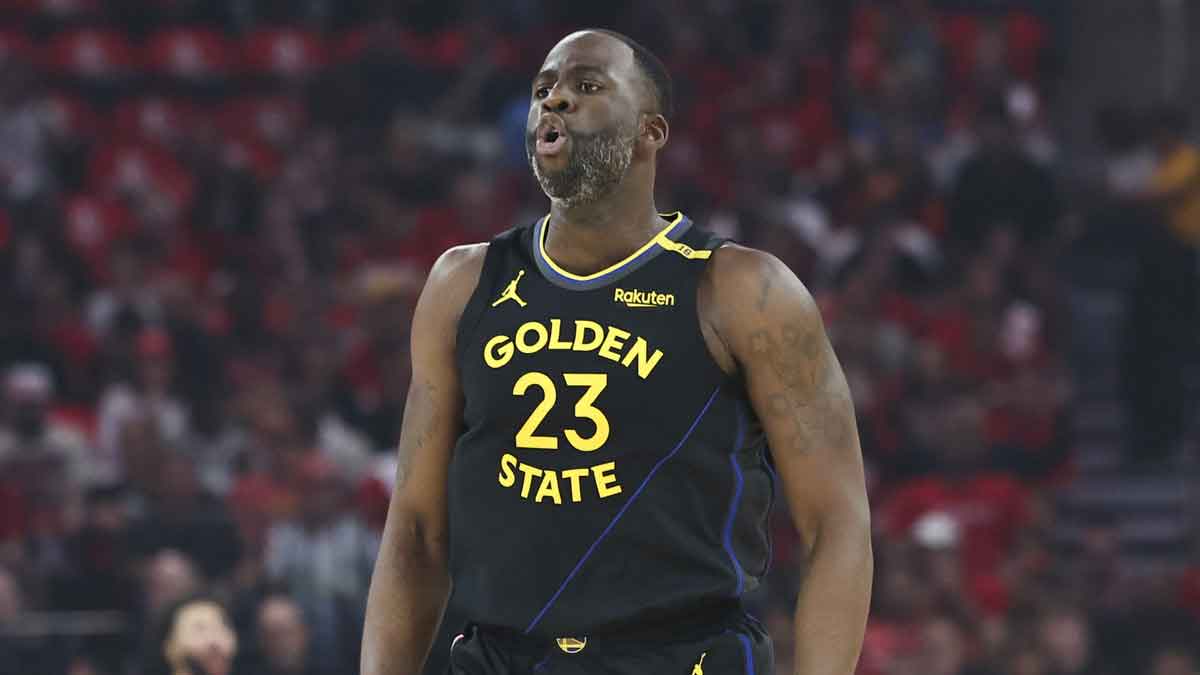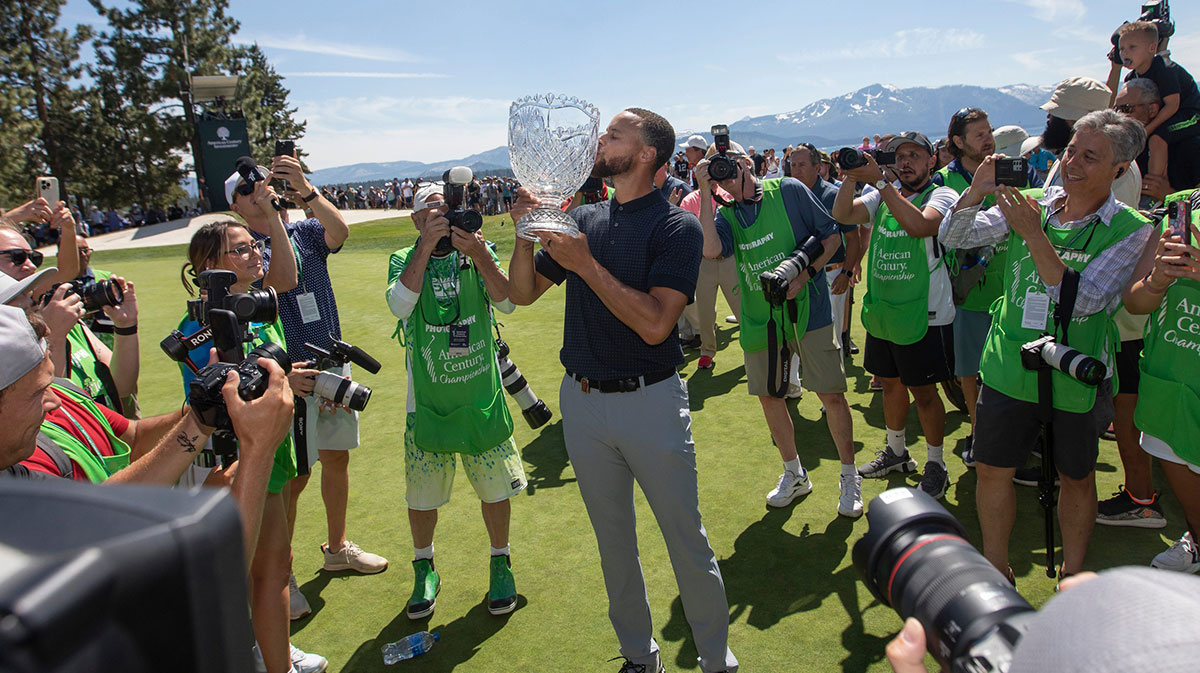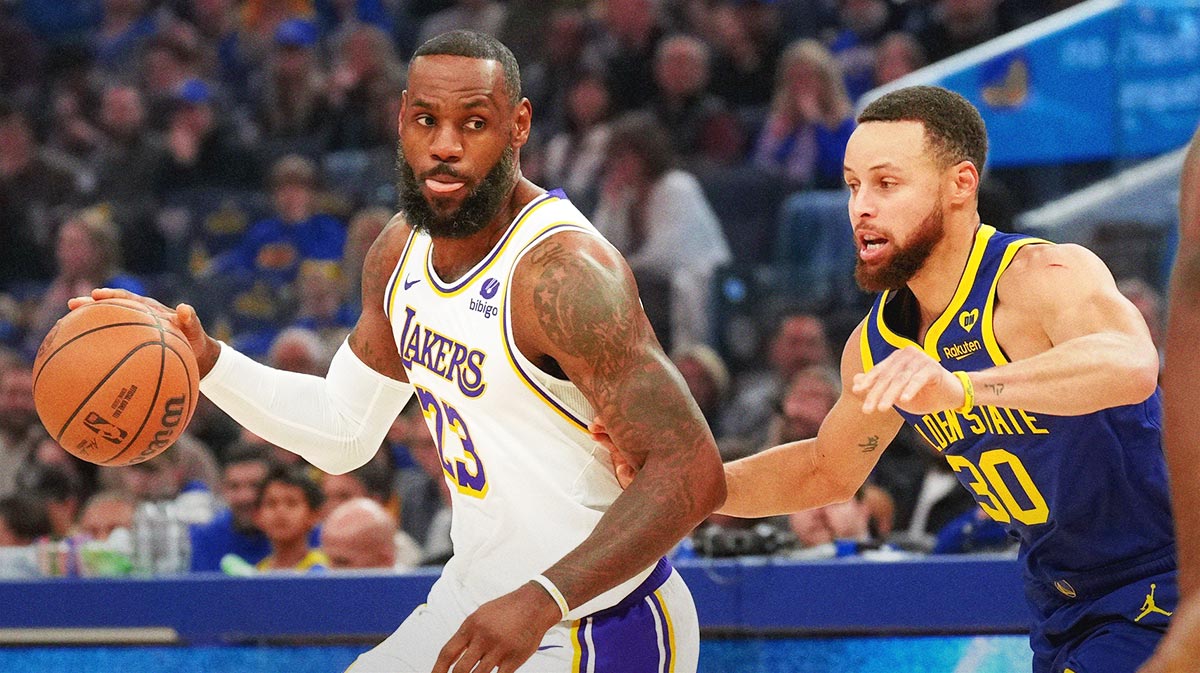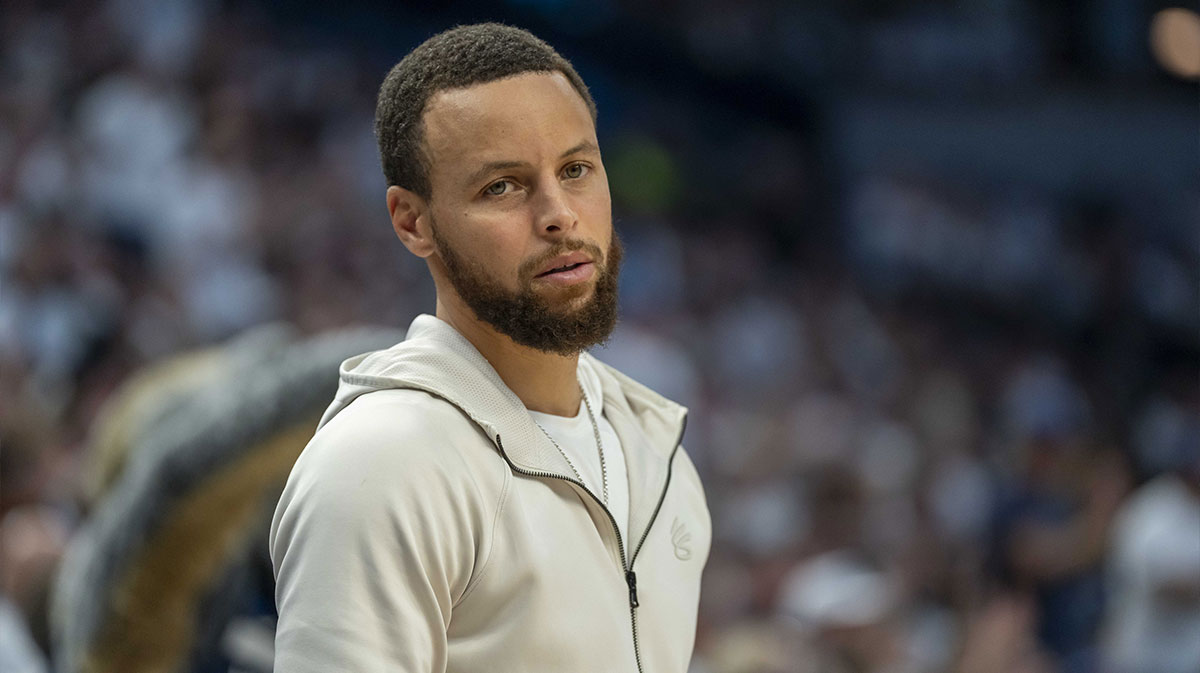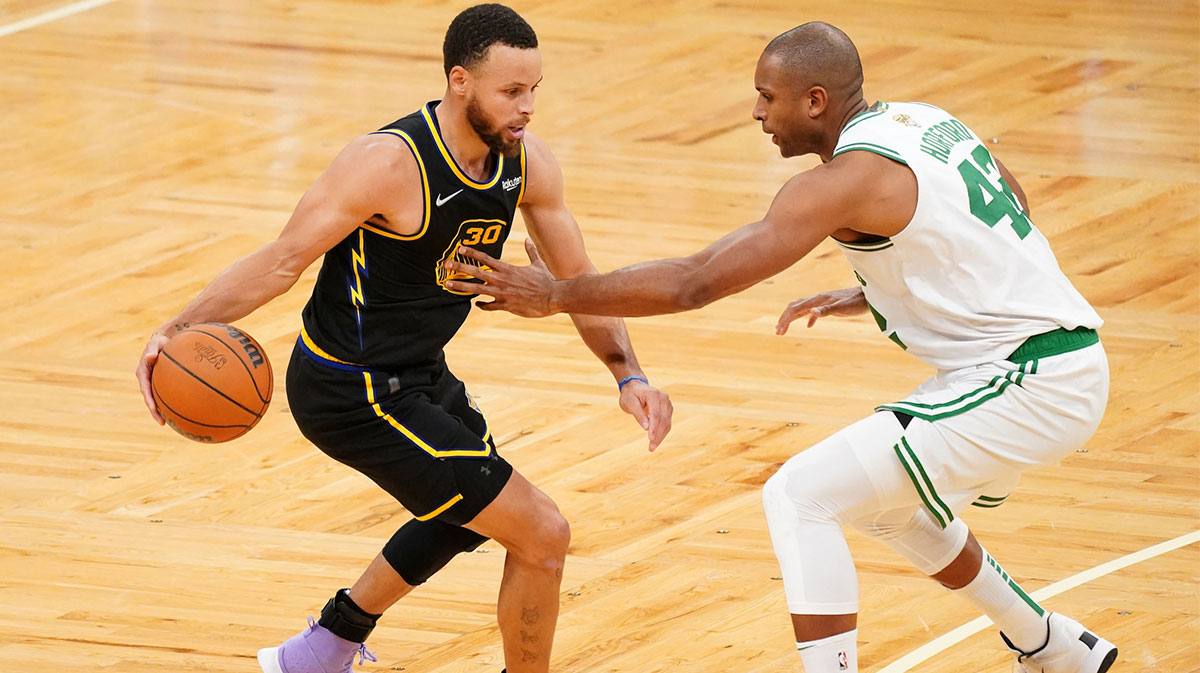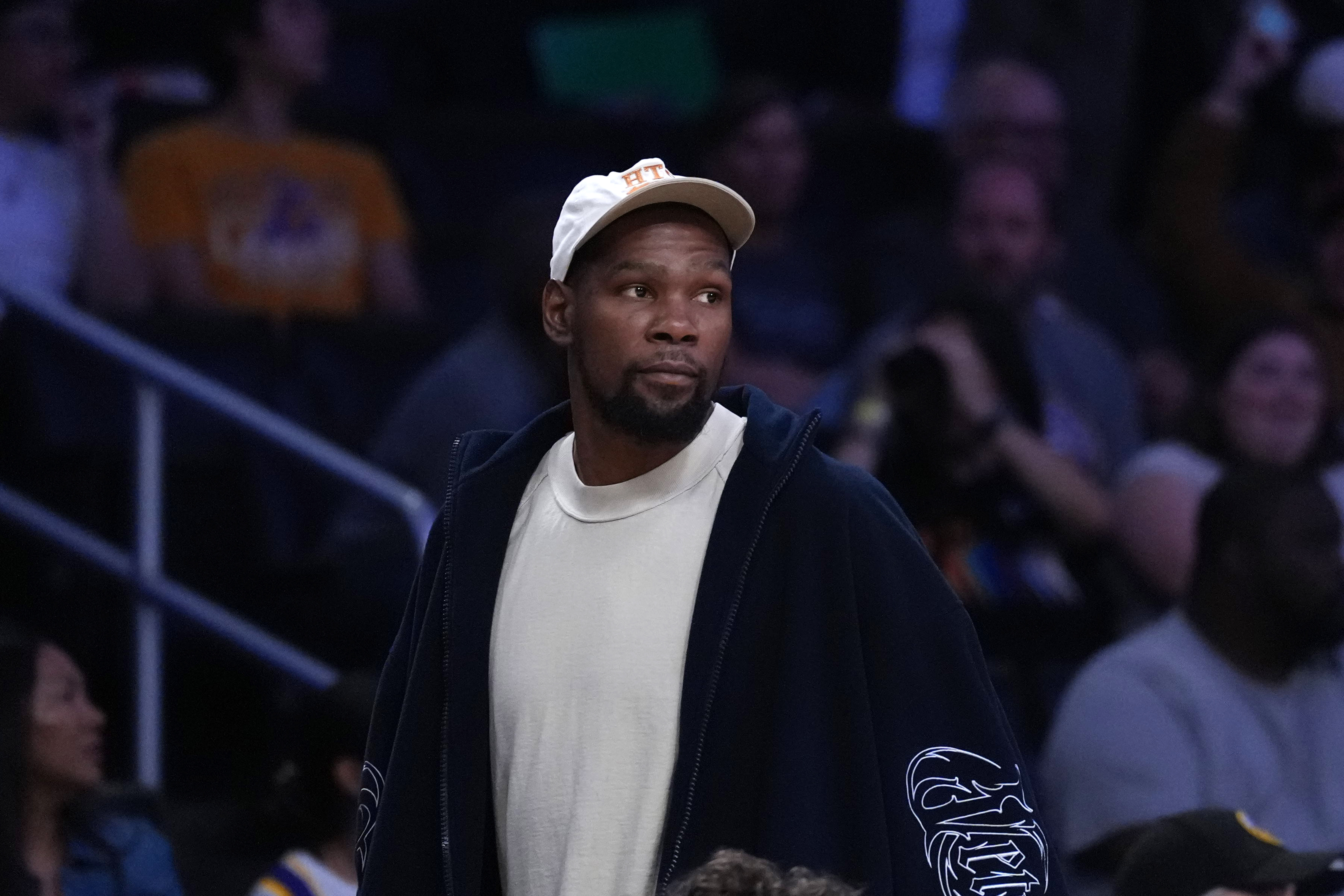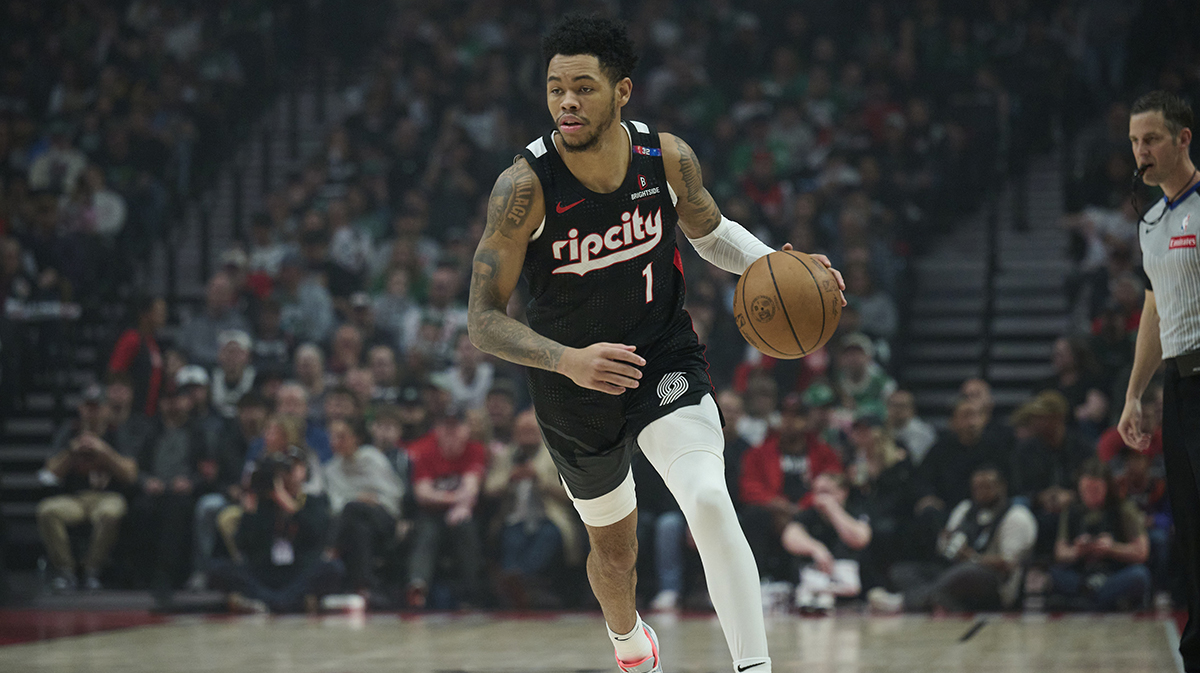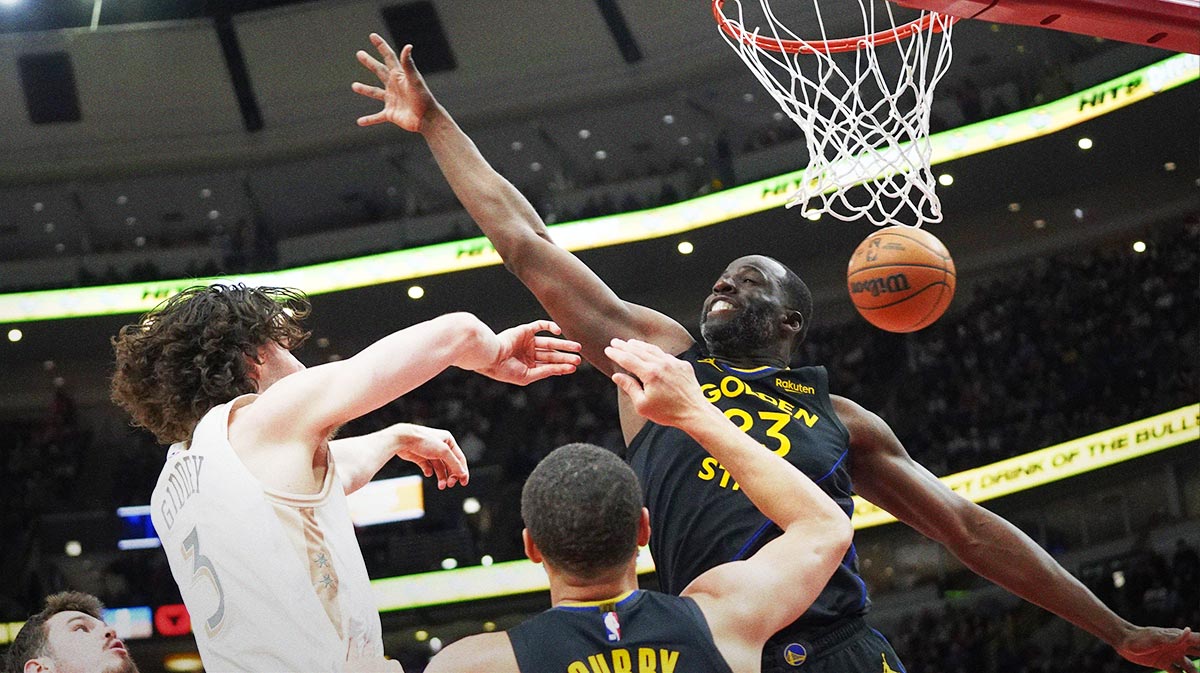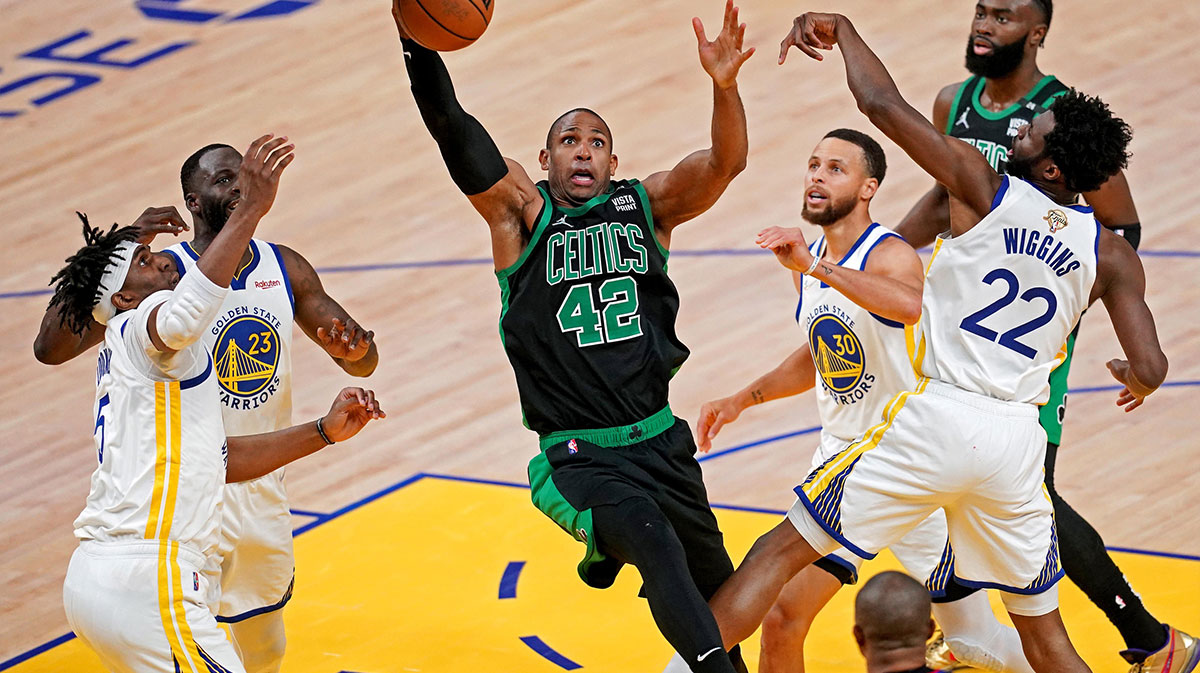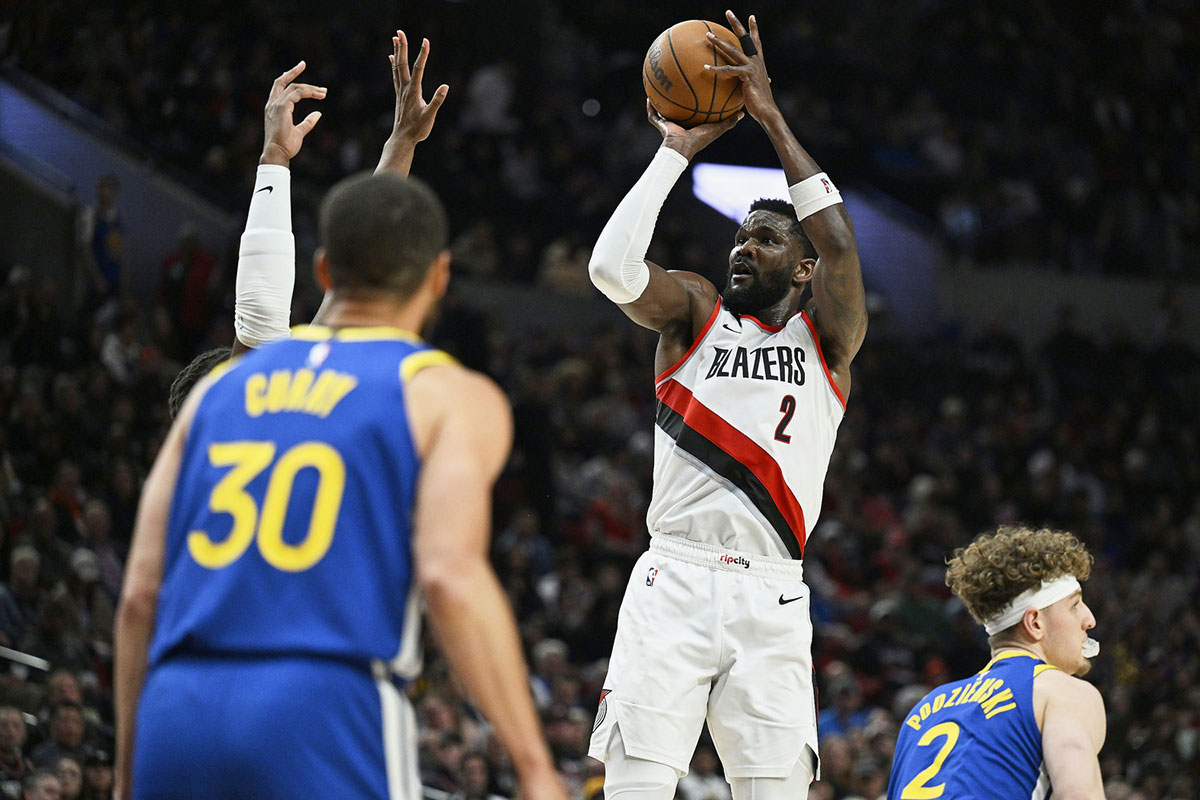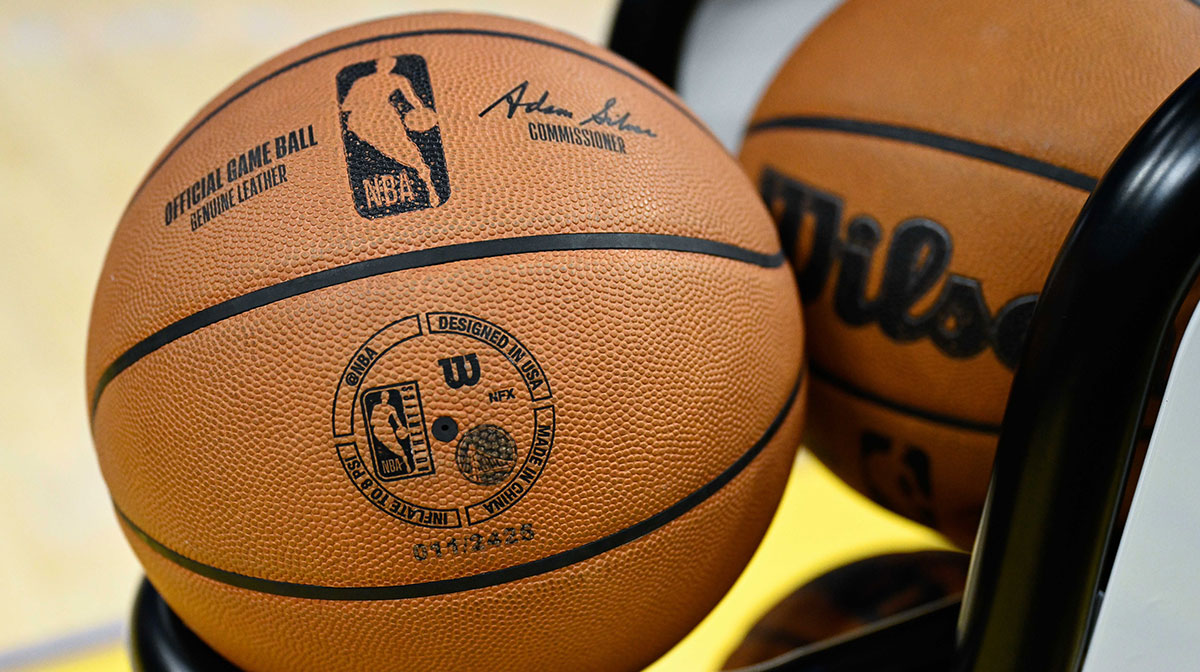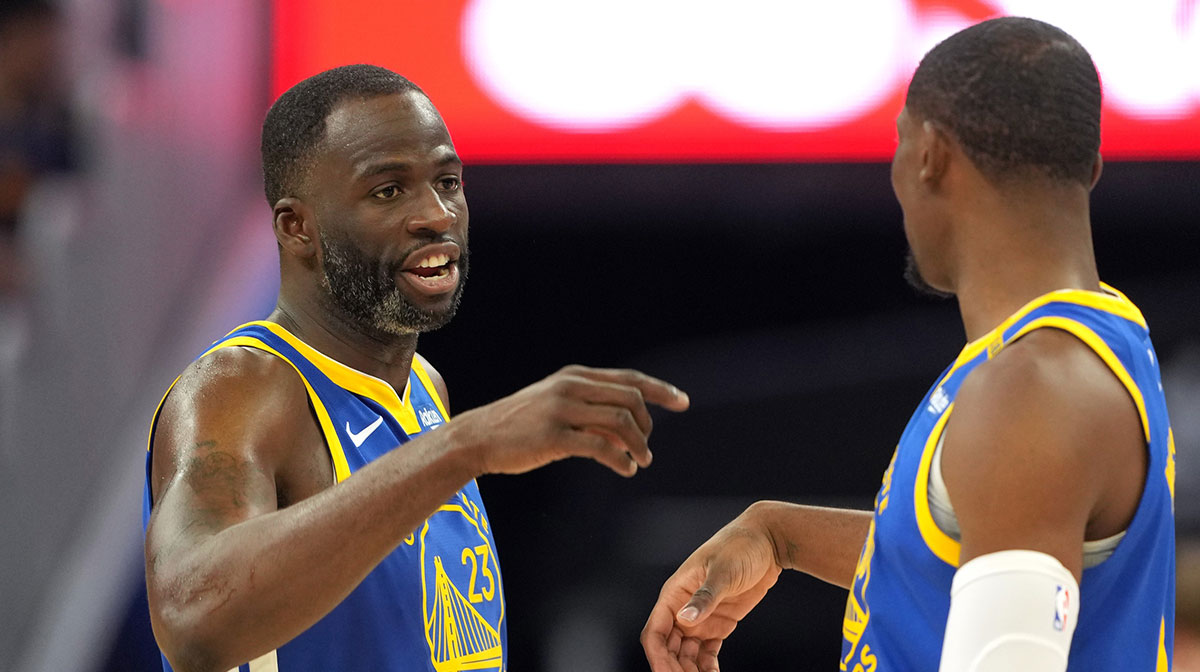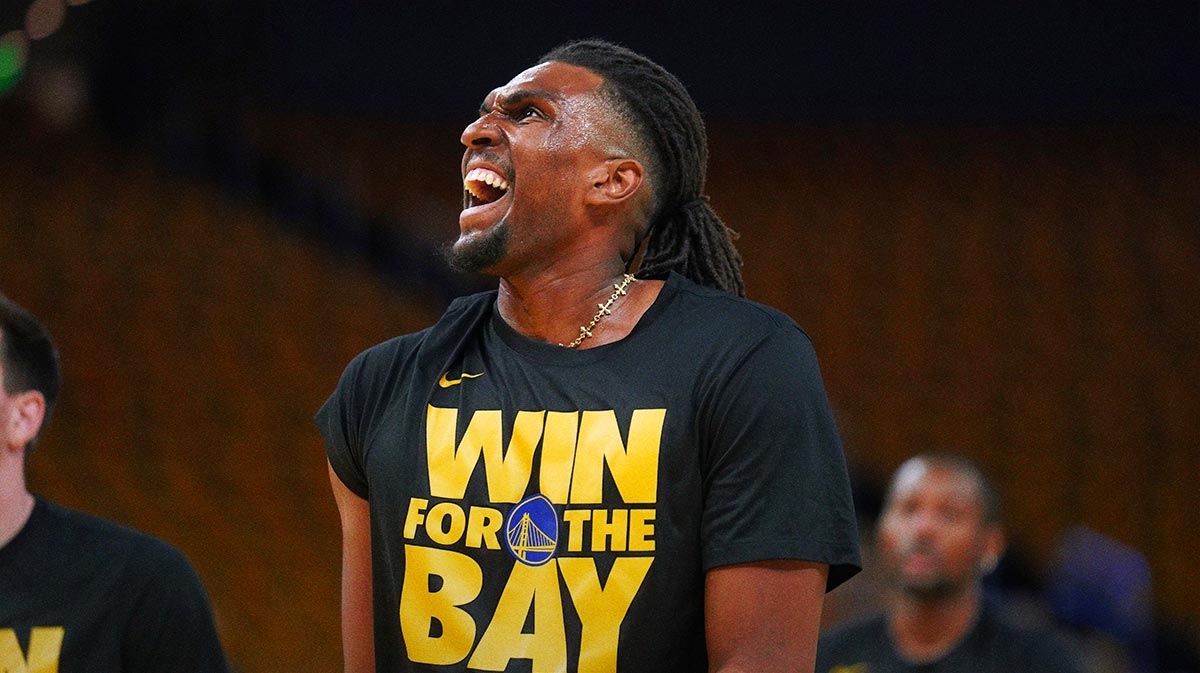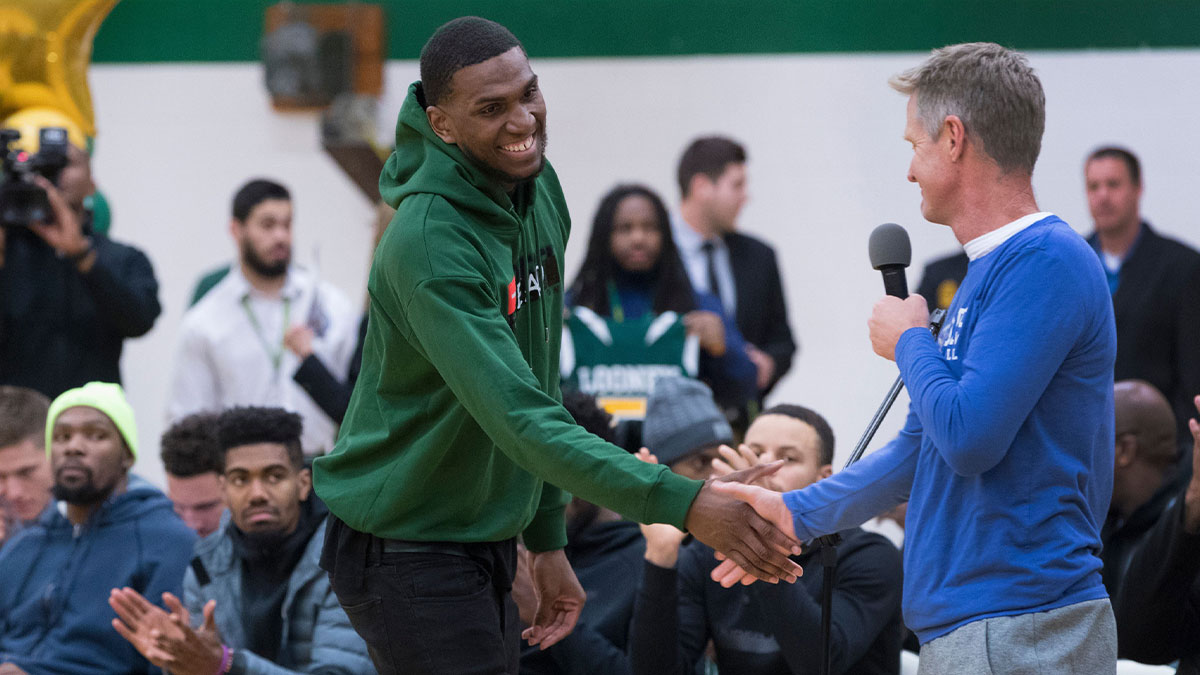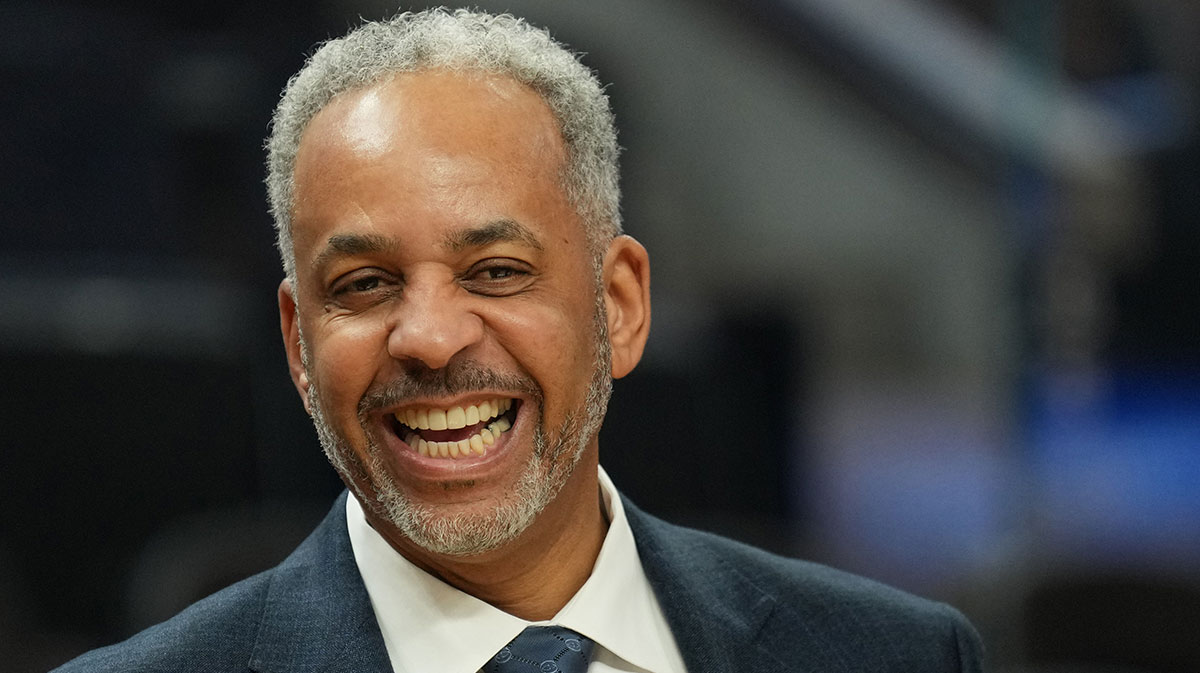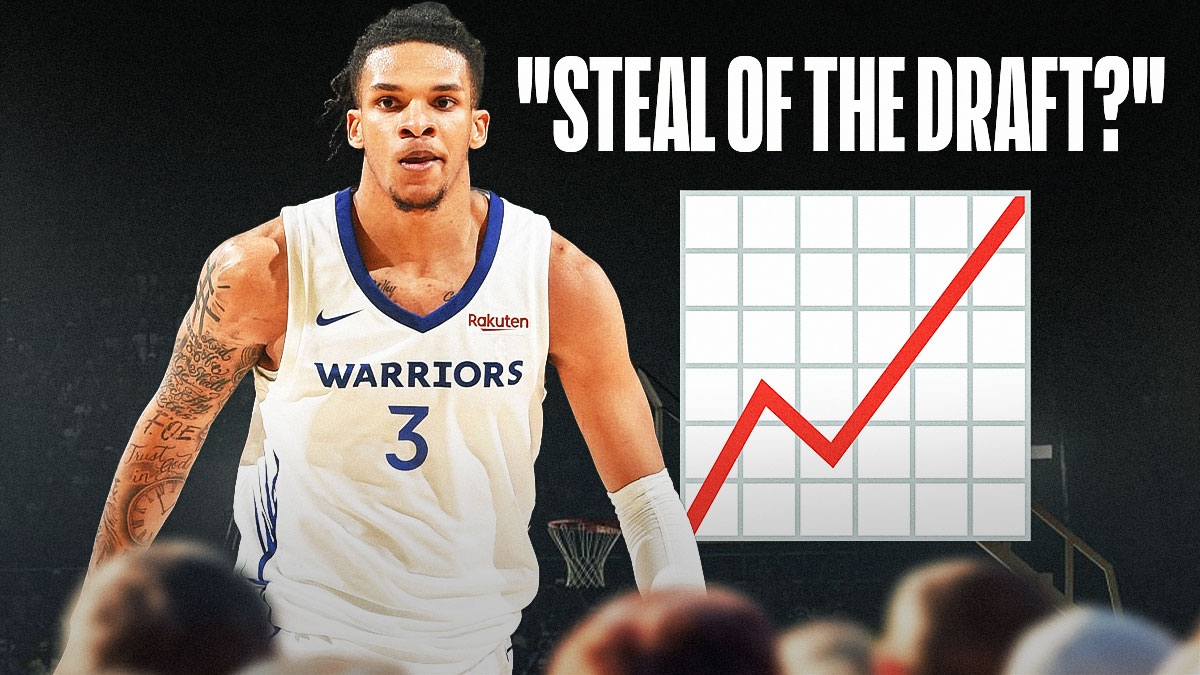When Kevin Durant decided to take his talents to the Golden State Warriors in the summer of 2016, the move was baffling to the general public. Of course, anyone that takes the route of joining three All-Star players who were a part of the best NBA regular season ever should have known that it would not be received positively. Mysteriously, Durant was oblivious to the possible outcome of his decision, and he was chastised for taking the easy way out, and not wanting to work for a championship ring.
But that's not what Kevin Durant wanted. He wanted a culture that placed a premium on teamwork and offensive flexibility. He wanted a place where he could grow as a basketball player on both ends of the court, and off the court, as well. The Golden State Warriors, despite their star power, fit that description and their culture has turned Durant into a two-way dynamo. Their culture was the anti-Oklahoma City Thunder: with emphasis on great basketball play and having fun in the process.
But the struggle between Durant and Draymond Green that occurred against the Los Angeles Clippers shined a light back to that memorable July day in 2016. The Warriors recruited Durant with the thought of adding another dynamic talent increasing their chances of winning championships for years to come. The Warriors' mantra, as was demonstrated by Marc. J Spears of The Undefeated? ‘Strength In Numbers.'
Their style of play? Flashy and risky, but most importantly, unselfish. Since head coach Steve Kerr arrived in 2014, the Warriors have led the NBA in assists every year. Their philosophy appealed to Durant, who had become entangled in power struggles with Russell Westbrook while also dealing with the lack of offensive creativity applied by the Thunder coaching staff.

Durant's offensive ability matched with the Warriors' scheme and unselfish style and the Warriors added two championships with Durant in the process. But Durant and Green weren't unselfish in their squabble. Durant's need for the ball in the closing seconds was in a way, selfish. Green's need to demoralize the NBA's most fragile star in front of the team was even more selfish. No side benefited from the anguish, and now the NBA's most talented, selfless team is perhaps in a place it never expected to be: in shambles.
This isn't to say that their path to winning championships was easy, contrary to popular belief. The Golden State Warriors still had to show up and execute, and there is a guarantee that there have been disagreements among players and coaches in the past two seasons. But as David West alluded to this past summer, those were private matters. Successful franchises usually don't let ugly spats carry out to the public. Things are always said and disagreements happen, but in the eyes of the players in successful organizations, there is a way to handle that.
This is why the general public was shocked at the reported Tom Brady/Bill Belichick feud, and even more shocked at the Kawhi Leonard/San Antonio Spurs fiasco. The New England Patriots and the Spurs are pillars in their sport for how an organization is supposed to be run. They are built on unselfishness, a team-first mindset, and being disciplined. In the last 12 months, both franchises dealt with distractions that could correlate to a loss of focus for their seasons. The Warriors weren't supposed to be next, but Green and Durant appeared to not only pay attention to the Spurs and Patriots, but they forget about why Durant came there and why Green wanted him there: the culture.
Culture or lack thereof is perhaps the most important ingredient to a team's success. The Warriors have never operated off conflict: efficient basketball play and a team-first attitude have always been their mantra. To win three NBA championships out of the last four years is proof that their culture was a driving force to those title wins (schemes and their talent played a part, too).

But if anything, the struggle between the Golden State Warriors' two dynamic stars is a reminder that outside distractions can play a part in damaging the foundation of a team's culture. Green has always been their outlier, and the Warriors' organization had to get Green to learn to do the tightrope in managing his behavior. But, he has always been a team-first guy, and his offensive play (he's averaged 7.0 assists or more in three straight seasons) exemplifies that.
It's also clear the two stars have had issues. Green alluding that the Warriors don't need Durant can be perceived as a deeply rooted comment, but they made it work despite them. With the spat public and the Warriors struggling without Stephen Curry, talent alone won't get the Warriors back on track. Remembering what makes them unique will.
Perhaps, too, this is a reminder of the fact that while Durant is the engine of the Warriors' offense, Curry is the brain and the heart of the team. His personality is the face of the culture Kerr fought so hard to establish and the culture Durant wanted to be a part of. Curry's free-flowing, business-first-fun-second mentality helped establish the Warriors as a brand of basketball that millions of youth have wanted to duplicate, and of course attracted not only Durant, but DeMarcus Cousins, too. But there is a reason the Warriors are 25-9 without Durant, and only 21-19 (and now since this update, 21-20, with a loss last night to the Spurs) without Curry, per StatMuse (since 2016-17).
It's time for Kevin Durant to figure out why and it starts with remembering why he came there.

